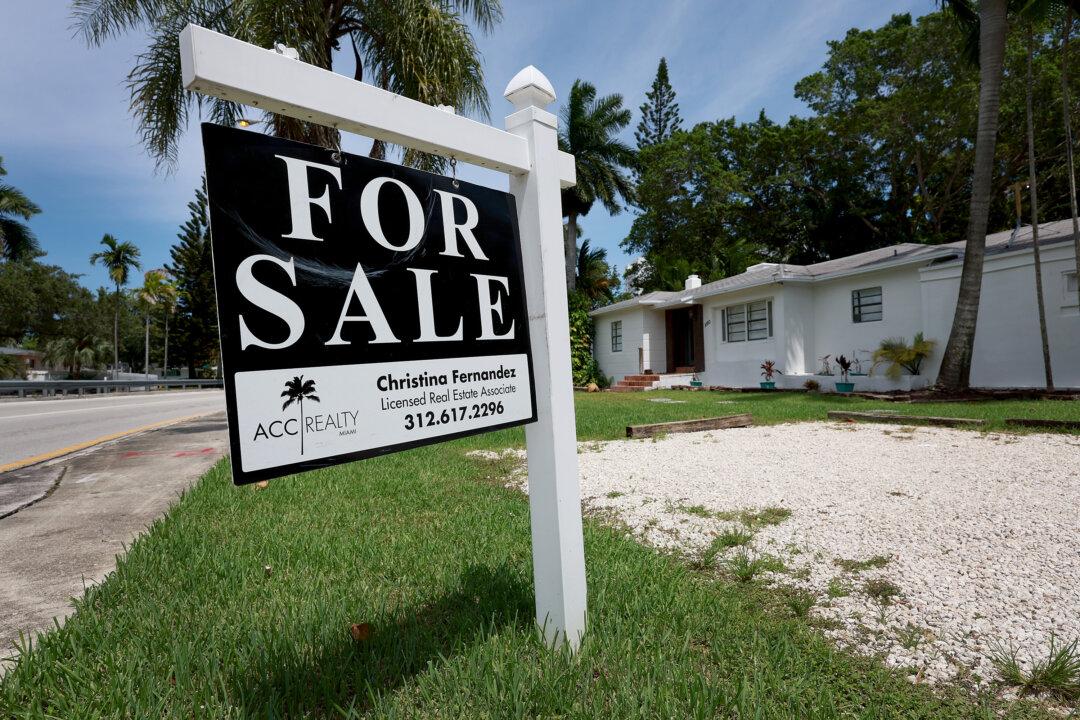Mortgage applications plunged as the 30-year fixed mortgage rate inched higher toward 7 percent, a weekly industry survey shows.
For the week ending Feb. 17, the seasonally adjusted Market Composite Index—a measurement of mortgage loan application volumes—declined 13.3 percent from the previous week, and widened from a 7.7 percent drop the week earlier, according to the Mortgage Bankers Association (MBA). Mortgage applications fell 4 percent on an unadjusted basis.





